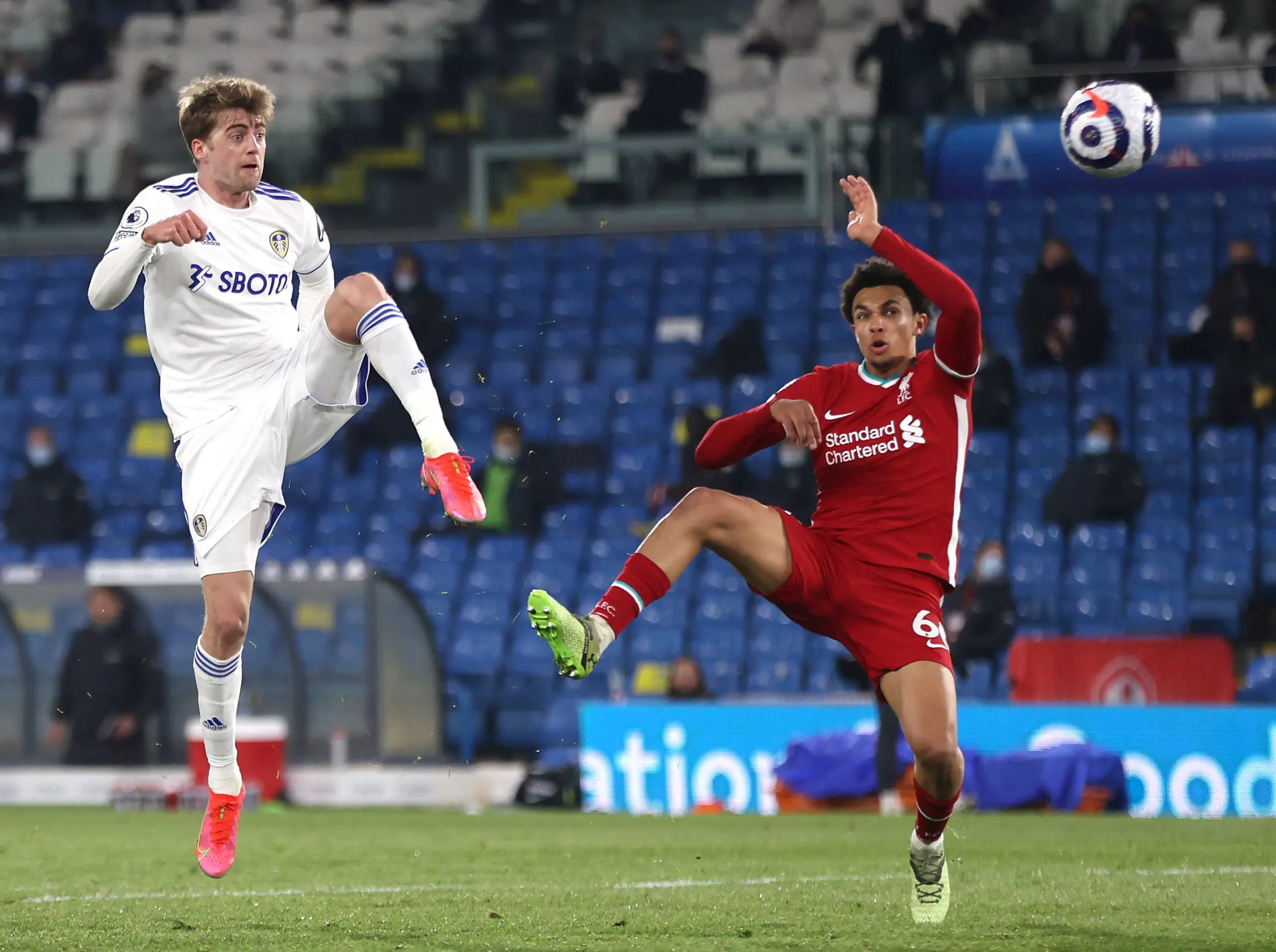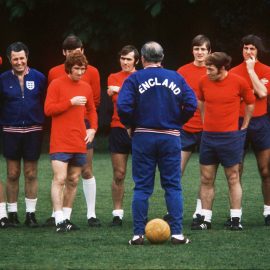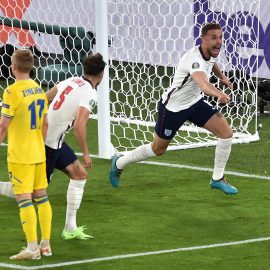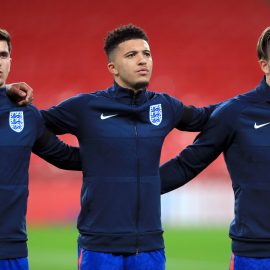Rio Ferdinand is perhaps one of the more unlikely of digital ambassadors. Before yesterday’s online-only broadcast of Ukraine v England, the defender offered his opinion on the unique way the game would be broadcast to the nation.
“I’m sure it’ll be the way forward and in the future it’ll probably be the reality. I think it’s a good way to gauge how many people are interested,” Ferdinand told BBC Sport. The Manchester United man’s view was one shared by many online who breathlessly predicted it would change the face of sports broadcasting. Perhaps the digital question was still playing in his head, judging by his performance in the game.
On the naysaying side came those who claimed that the online stream would fall prey to all matter of technical gremlins and would be watched by no-one. The reality, as is usually the case in these matters, was somewhere in between.
The impasse
It’s worth taking a moment, though, to recap how we reached the case that an England World Cup Qualifier wasn’t available to watch on a TV screen across the country.
When England fans chanted “We hate Setanta” at the Andorra qualifier in Barcelona last year, they should have been careful what they wished for.
The rights for the game, held by the Ukranian FA, were originally held by Setanta Sports. When the broadcaster went bust, the rights went to Swiss agency Kentaro, who looked to sell them on. The problem was no terrestrial broadcaster was biting.
Had England’s qualification not been assured, then it’s certain that one of the broadcasters, either on pay-per-view or free-to-air, would have snapped up the game, no matter how inflated the price.
But, with the game a dead rubber from England’s perspective, the appetite wasn’t there to pay the reported £3m Kentaro were looking for, with each broadcaster having their specific reasons for not meeting the asking price.
The English FA had nothing to do with the rights for this away qualifier so couldn’t come to the aid of frustrated fans, so Kentaro, looking for the best financial deal, employed internet broadcaster Perform to show the game across the internet via a pay-per-view website.
Several national newspapers also took up the option to show the game on their websites, while the Odeon cinema chain also opened its doors to football fans. Most crucially, the game was not available in pubs, although many hooked up projectors and streams.
Not quite ground-breaking
The broadcast itself went reasonably smoothly, with Perform calling it “an extremely successful and ground-breaking project.” Both these claims, while true in some regards, can be questioned.
The website itself was set to be capped at one million subscribers to preserve the quality of the broadcast, but it’s unlikely this limit was reached. Perform haven’t released any figures but have suggested the number of viewers was close to half a million.
However, this number takes into account the viewers in the 12 Odeon cinemas, as well the British Forces Broadcasting Service, which screen the game for free to troops around the globe. Bet 365 customers also got to see the game for free. The actual number who paid to watch was estimated to be between 250,000 and 300,000.
The project itself can hardly be described as ground-breaking either. Perform had already screened internet-only Europa League games for Manchester City, while streams of games, both legal and illegal, are watched by fans all around the globe. The only difference this time around was the high-profile nature of the game.
And while Perform may be pleased with the number of fans who chose to subscribe, not everybody was singing the website’s praises. Ian Ridley in the Mail was one critic and concluded:
“Sport is supposed to be a shared experience, a celebration of the human spirit, which is why so many still buy tickets when a match is live on television, why so many congregate in pubs and clubs – the modern terraces – if they cannot get in.”
Not everybody would have had the capacity to watch the game either. I was one of them. On Saturday, I was in a part of the country where slow broadband speeds and a slow computer would have rendered the game nigh-on unwatchable.
Conclusions, if any can be made
In many respects, it’s difficult to know what the conclude from this internet ‘experiment’. The set of circumstances that led to the broadcast were unique and unlikely to be repeated in the near future. Illegal streams will always attracted a sizable number of fans, but, at the current time, these are unlikely to come anywhere near the figures for people watching at home or in the pub.
What is does create is an interesting option for the future. There will undoubtedly be more opportunities for the likes of Perform, albeit not for such high-profile games in the near-future, and the company have shown they can pull off a high-level broadcast. They can now genuinely call themselves a player in the world of football rights, although at what level remains to be seen.
The internet is also changing the way TV is viewed, but event television, such as football matches and big reality shows, is still about watching it live rather than viewing on a catch-up service at a later date. Will so many matches over the course of the season, sporting events have a limited lifespan in this regard, unlike dramas.
Yet the appetite for to watch England lose 1-0 in the Ukraine was evident by the fact 4.3m tuned into the BBC highlights later that evening, despite the broadcaster being unable to announce they’d struck a deal until after the game, so Perform and Kentaro could maximise their revenue.
Live football on the internet, if the Ukraine game is anything to go by, will become part of our future, but is unlikely to be the complete future just yet. Those who dislike the idea of watching matches on a platform that isn’t TV will probably have to get used to the idea, but those who envisaged this changing the way we view football may want to reign in the hyperbole.
Currently, the broadcasting on this one game can be seen as an oddity and little more. It’s genuinely too early to tell if Perform’s service is significant at this point in time. The FA are unlikely to want this situation to happen again in a hurry.
And to any England fan who missed out on the game, they should take comfort in the fact they don’t support the United States. Bob Bradley’s team secured qualification for the World Cup in a vital away qualifier in Honduras. But the Honduran federation sold the rights to a Spanish media company, meaning the game was only available on closed-circuit television. Now that is definitely not the future.
Add Sportslens to your Google News Feed!






